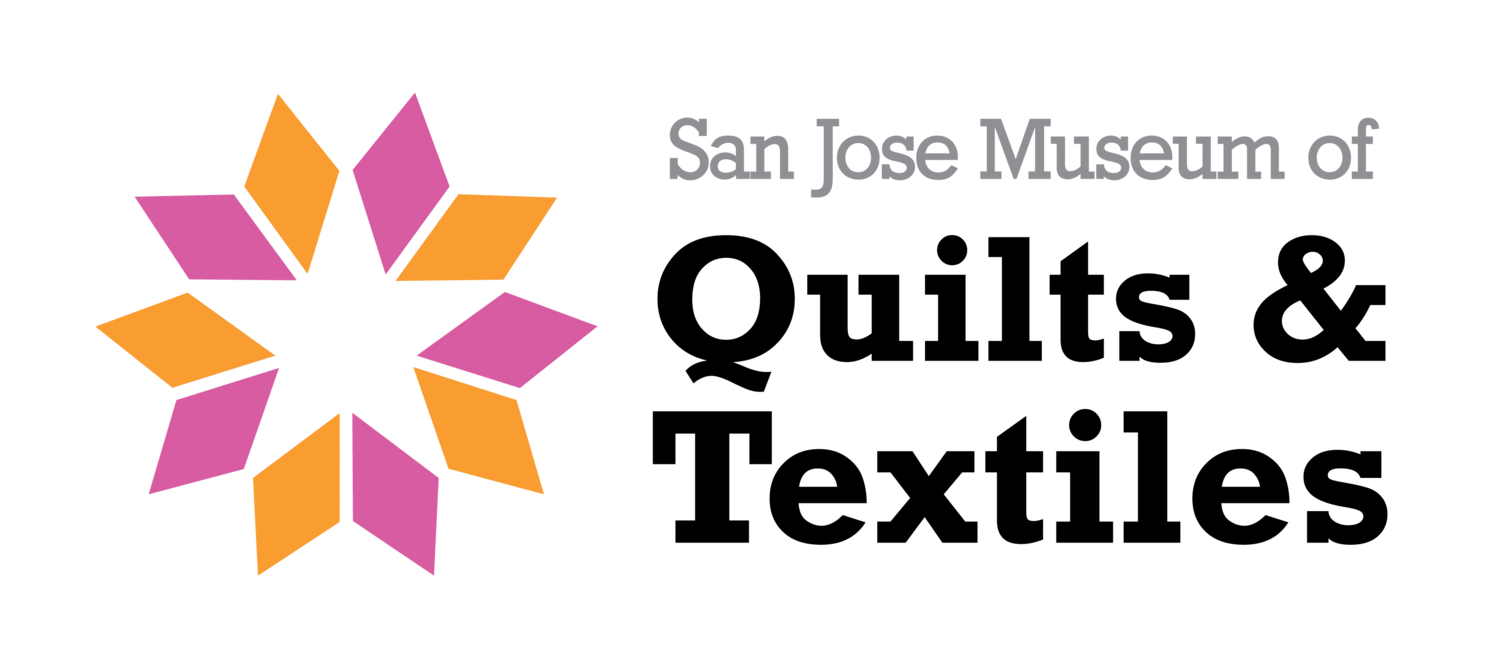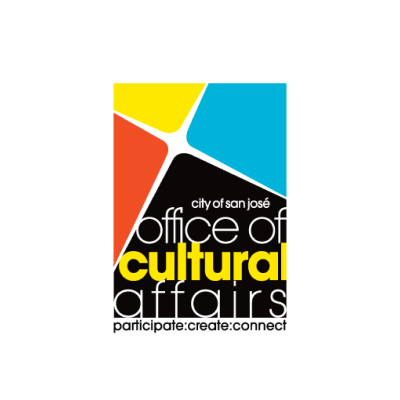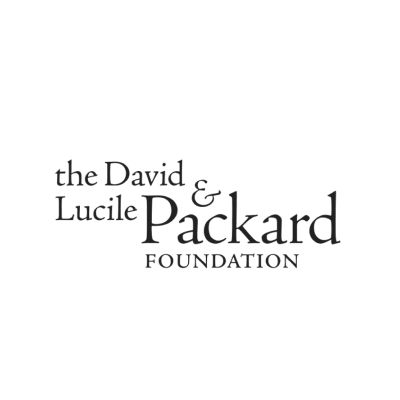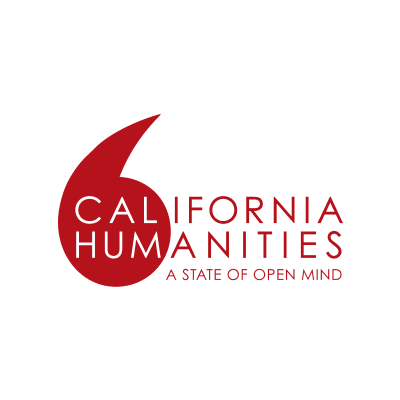SAN JOSE — This is not your grandmother’s quilt show.
You won’t find the traditional patterns of Sunbonnet Sue and Prairie Star Patchwork at the newest exhibits of the San Jose Museum of Quilts and Textiles. Instead, with quilted images of Trayvon Martin, the Las Vegas massacre and police shootings, artists from Oakland and Berkeley to New York City are confronting the gun violence debate one cross stitch at a time. With the politically-charged exhibits, the museum is providing a forum for a growing movement of “activist quilters” taking on hard issues with soft textiles.
“One of the challenges is the perception that we are an old fuddy-duddy museum with old quilts,” museum director Nancy Bavor said. “Museums have an opportunity and an obligation to go beyond their walls, to educate the public, provide a place for civil discourse about controversial and difficult topics.”
Alice Beasley poses next to her “Remembering Trayvon”, one of the artworks on display in the new exhibit “Guns: Loaded Conversations” at the San Jose Museum of Quilts and Textiles in San Jose, Calif., Sunday, April 22, 2018. (Karl Mondon/Bay Area News Group)
Indeed, the craft of quilting has a long history of community-inspired political speech, from supporting prohibition to women’s suffrage. But the messages were often more subtle, including the “Drunkard’s Path” pattern in blue and white which gained popularity during the women’s temperance movement. More recently, memorial quilts were made and exhibited to pay tribute to those who died in the Oklahoma City and Boston terrorist bombings. And at Northern Illinois University’s Pick Museum, a programming series on the history of “Quilting and Human Rights” runs through mid-May.
The San Jose museum’s forays into activism have been bold. Last year, as part of the Women’s March in the wake of Donald Trump’s presidential election, staff members and volunteers crafted 200 felt uteruses — with bright pink fallopian tubes — to symbolize the power of women and compliment the ubiquitous pink “pussy hats.”
Later this year, the museum and its network of quilters will work with city leaders and join a December gun buyback program, offering quilts and cash for guns. “They’ll be new, attractive quilts you want to snuggle under,” Bavor said.








